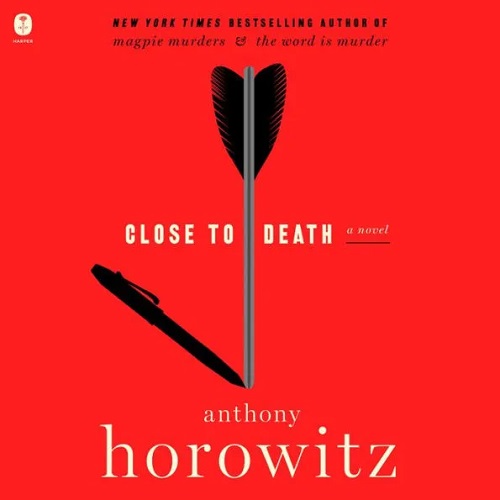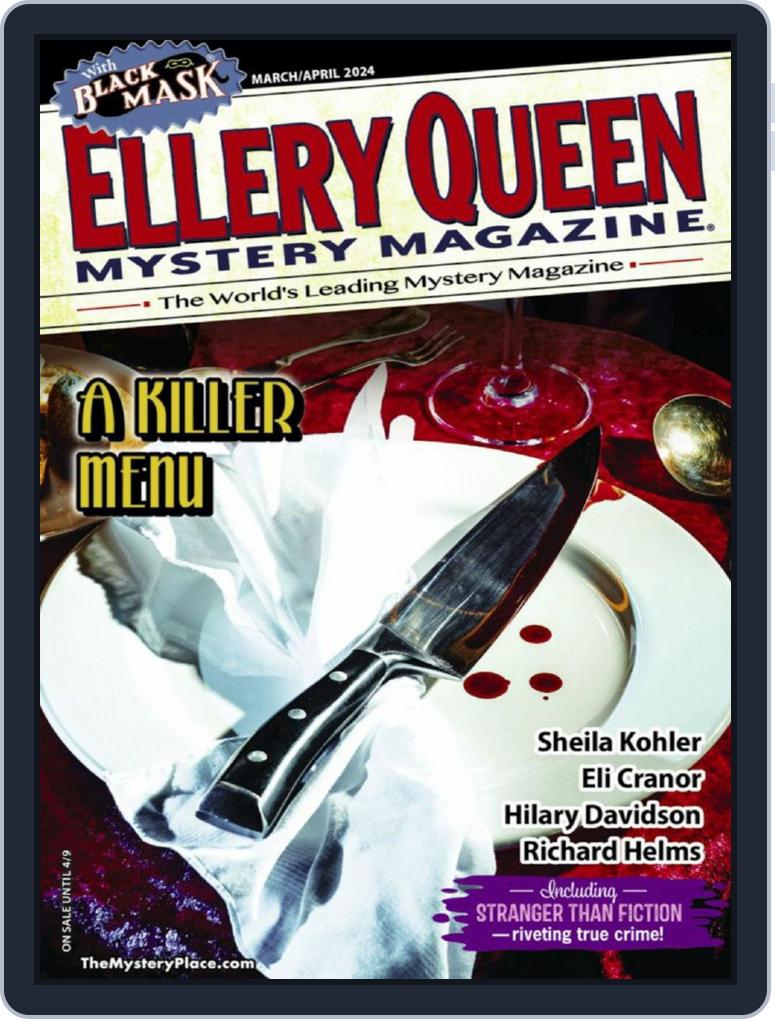When I published my first mystery novel, I knew nothing about the mystery world and the writers, readers, reviewers and journalists who inhabit it. Nothing. Nada. Zip. I’d written the thing in complete isolation, informed only by the hardboiled classics and my
twisted imagination. So I brought my book to a mystery bookstore, The Black Orchid in New York run by Bonnie Claeson and Joe Guglielmelli. Bonnie spent about two hours giving me advice, the first of which was to “Go to Bouchercon and hang out at the bar.” I thought, this is something I know how to do.What I discovered has been as meaningful to me as publishing the books and short stories. A big community filled with intelligent, witty, gracious and generous people. I never would have expected this in a million years. I assumed that writers were all introverted shut-ins, protective of their work and privacy above all else. Not even close. All I heard at that first Bouchercon was wall-to-wall counsel, useful information and welcoming words. And encouragement. Not just from the writers, but the booksellers, reviewers and magazine publishers, people like George Easter, Chris Aldrich and Jon Jordan.
I was hardly ever a shut-in, but I’m
by nature an introvert who fancies solitary pursuits. So I’m not naturally a joiner. But in the mystery world, I fell in with a
good crowd. Aside from Bouchercon, I
became devoted to Crime Bake in New England, which had some overlap with
Bouchercon, but introduced me to a different sort of writer-oriented, and
extremely involving conference. Likewise
Killer Nashville, ThrillerFest and SleuthFest.
Twenty years later, I have a whole
crop of lifelong friends. I’m not a
sentimental person, but I’m deeply grateful for these associations and all the
experiences that have come from entangling myself in this hidden, delightful
subculture.
I joined the New York Chapter of the Mystery Writers of America, which is geographically enormous. Richie Narvaez, then chapter president, was eager to bring more programming out to his far-flung domain, and asked if I could do something in Connecticut. The result was CrimeCONN, a one-day conference co-sponsored by MWA/NY and the Ferguson Library in Stamford. I teamed up with my longtime editor, Jill Fletcher, to create the programs and we’ve been doing it now for eleven years. It’s been a rollicking success, and you should come next year, especially if you live in the Greater New York area.
I imagine most readers of
SleuthSayers have been in the game a long time and are familiar with everything
I’m writing here. The people who really
need to read it are the aspiring, at any age, who feel isolated as I did, in a
state of doubt and confusion. The social
element is great, and I treasure it, but equally valuable is the ongoing
education. I walk away from every
conference, including ours – especially ours – having learned something I
didn’t know before, and wouldn’t if I hadn’t been there listening. I may or may not find it useful for my writing,
but I love to learn in general, and nothing makes me happier than gaining an
insight that topples a pre-conceived notion, or a bit of knowledge that is
entirely novel.
I’m not exactly sure why people pre-occupied with murder and dastardly criminal behavior would be such convivial companions, but there you go. Through all this I’ve also become friends with people in law enforcement, and feel the same way about them. They
don’t fit the stereotype at all, especially the detectives, attorneys and forensic experts. They are universally bright, self-effacing and quick witted. Even cheerful in a disarming, irreverent sort of way. They tend to admire us fiction writers as much as we admire them, even though we often test their patience with our accuracy and fact-checking. But they’ll tell you, “That’s okay. You’re just trying to tell a good story.” Lilly Tomlin once said, “No matter
how cynical you get, you just can’t keep up.”
That’s how it feels these days, and it’s easy to just succumb to the
prevailing oppressive mood. But just
coming off our most recent CrimeCONN, I feel like declaring for the optimists –
that there are good people in the world doing good work, and supporting one
another, with thoughtfulness and generosity of spirit.











.jpg)




























